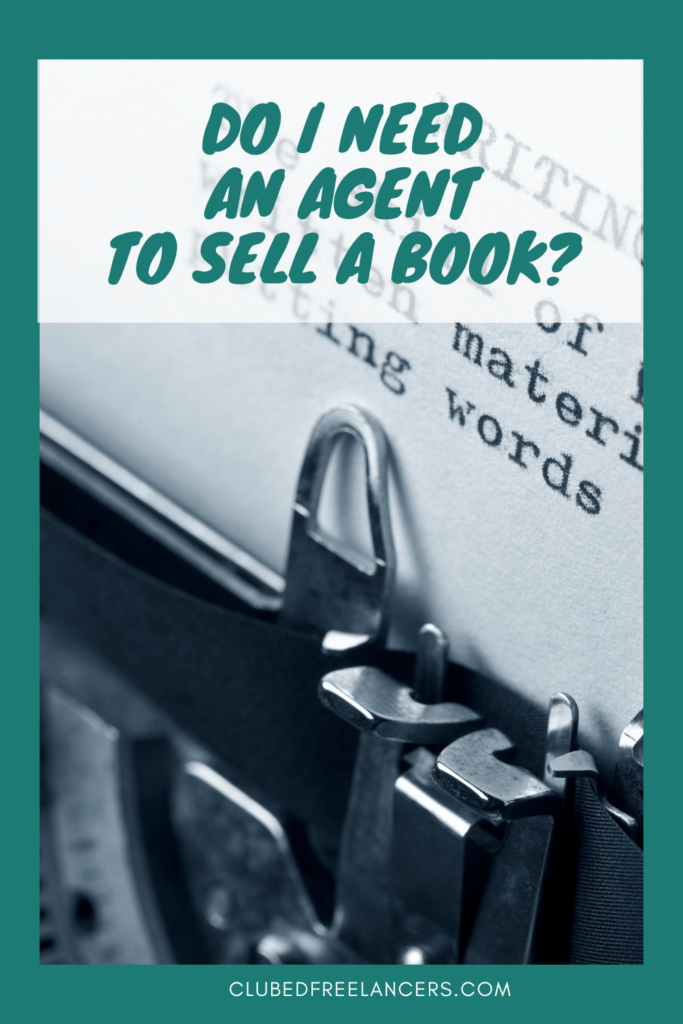Agents, anyone?
Do you really need an agent to sell a book? (What is an agent, anyway?)
What is an agent?
Agents negotiate book deals with editors on behalf of writers. They know the editors, the publishers, and the markets far better than a writer could – because that’s their only job.
A great agent can do a great deal for you and your career (and it isn’t just about the money).
As the author, you are the agent’s client and they must serve your best interests. Agents can help you avoid common contract pitfalls and help you steer clear of dangerous contract clauses.
Agents can negotiate higher advance payments with book auctions and can negotiate royalty rates and favorable contract terms – it’s much more difficult to do this yourself. Agents make sure you value yourself and your time appropriately.
How do I find an agent?
So you’re going to seek representation. Where do you start? And how do you know when you’ve found a good agent?
To find an agent, get a personal introduction or reference from fellow writers, through writers’ organizations, and by attending writers’ conferences. You can also query agents directly with a letter or email, although this is less effective than a personal introduction. Try agentquery.com as a place to start.
To pick the agent who will work best for you, be sure to talk with each potential agent (that is, an agent who expresses interest in your manuscript) before signing any contract or letter of agreement.
Make sure you both are clear about your expectations, responsibilities and obligations.
Know what to expect from your agent by educating yourself about how good, legitimate agents operate.
Remember that agents are in high demand, so put your best foot forward. Start with a simple agreement for the agent to represent one of your projects. If that’s successful, you can easily do additional projects together.
Some writers’ organizations have agents databases and in some cases discussion boards where you can find out about other writers’ experiences with a particular agent. This can be worth the investment in membership fees.
So do I really need an agent to sell a book?
The path to becoming a published author can be helped by finding a great agent, helping you navigate the journey, and keeping your best interests front and center. The time and energy invested in finding a good agent is time well spent.
Other Helpful Content
The Fine Art of Copyediting Fiction
When copyediting fiction, it’s common to run up against issues that pit author preference against standard editing approaches. For example, in a story I wrote some years ago, the main character’s neighbor is referred to as “3-B” as that is her apartment number and the MC doesn’t know her name. Fine. She can be referred…
Let the manuscript teach you how to edit it
One of the lessons I’ve learned over many years of editing is that you have to let the manuscript teach you how to edit it. Every manuscript is different and every manuscript needs a different touch. Even when an author does something I’ve seen many times before, I have to edit for that particular manuscript,…
Helping Authors Strengthen Story Settings
The setting of a novel consists of multiple elements, big and small, that nest inside each other like those little Russian dolls. We might show this hierarchy of settings like so: If you think about it, the micro setting of “the living room of 601 San Mateo Road Apartment 16” implies the existence of all…
Join the Club!
New to story editing? Begin at the beginning.





